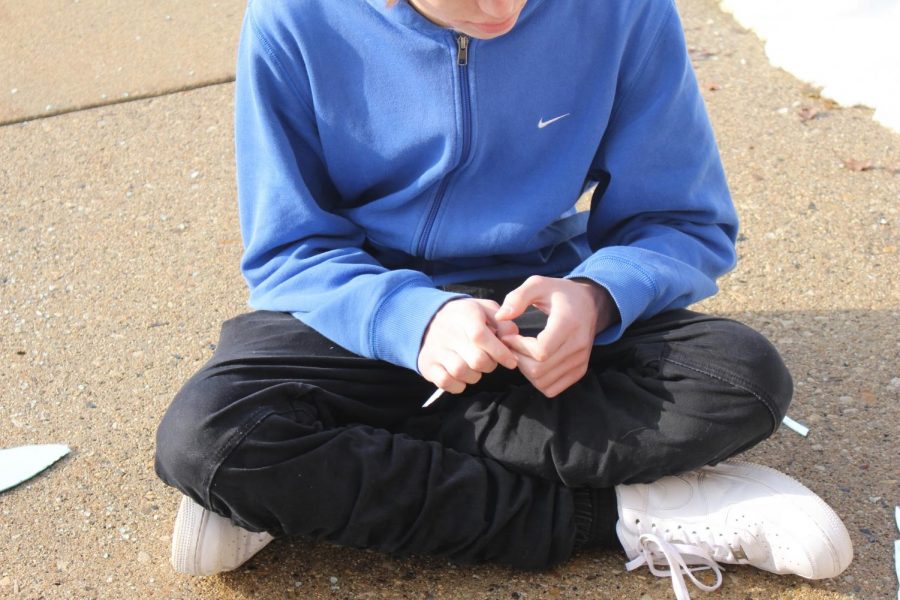Depression Versus Diagnosis
The newest generation tends to use the word “depression” as slang. However, not all of them actually fall under that term.
The hands that carry the future of society are shaking. They are cold and weak as they have been trying to hold the immense amount of pressure from those before them. They use those nimble fingers to wipe their tears at the end of the day because they believe everyone other than themselves is out to get them, and only some have the ability to get out.
Sometimes, after a couple tears stream down their faces, people turn to the internet and call themselves “depressed.” They’ll see something that makes them sad and pretend that they have a mental illness that plagues 16 percent of the population, according to the Pew Research Center. The issue is that nearly none of those 16 percent are the ones posting online. In fact, “depression” is now seemingly considered slang and some teenagers aren’t happy about it.
“I don’t think [calling depression a joke] is too morally justified,” freshman Claire Downey said. “You could be hurting some if you’re saying that. There could be someone who is actually having a mental struggle and if you’re making jokes about, that’s just not okay.”
An article produced by the Huffington Post included information on the exaggeration of mental illnesses. They explain how mental health disorders should not be used as metaphors for those simply going through a rough spot.
However, older generations tend to think that the people complaining are the ones exaggerating. They believe that terms such as “depression” have now become slang and it is just about time to get used to it. Along with that, those in older generations think young teens and adults are purely whining about their mental health
“Looks like the snowflakes are suffering from a solid case of what goes around, comes around,” writer Cheryl K. Chumley of the Washington Post said. “Living a life of ‘ME’ doesn’t seem all it’s cracked up to be. And on that, boo freaking hoo. Go join the military or something.”
It was 2015 that suicide among teen girls hit a 40-year-high. Downplaying those that are legitimately depressed leave them with feelings of unworthiness. Those who are older should try and help teenagers who are struggling. It is their job to comfort whomever is sad, or maybe depressed—who can even tell anymore?


